
Like Peng, several middle-aged and elderly residents interviewed were nonchalant about the pollution. Many said they had gotten used to the city's many smoggy winter days, while others voiced suspicion over the severe health problems the pollution is said to trigger.
Doctors and health experts agree that excessive inhalation of PM2.5, or airborne particles smaller than 2.5 microns in diameter, raises people's risks for cardiac and respiratory diseases, with children and the elderly being the most at-risk groups.
In Xuanwu Park, located in a heavily populated part of Beijing, crowds of elderly residents played shadow boxing, jogged or participated in aerobic exercises.
Shao Xuexian, an 81-year-old asthmatic, was the only person there with a protective mask. He said he believes kicking the shuttlecock around is good for his health, so he does it even on smoggy days.
Other exercisers and park management staff said fewer people over 70 have visited the park in the previous three days, but residents in their 50s or 60s seemed largely undeterred by the smog.
Older Beijingers' apathy toward the unhealthy air runs a stark contrast to the conversation happening online. It seems like all Chinese netizens have turned to the Internet to complain about the choking air and criticize the slow progress the government is making in pollution control.
Young Beijing residents have reacted quickly to the smoggy weather, pushing up sales of protective masks and air purifiers on China's major B2C online portals. On Beijing's streets, most people in protective masks appear to be in their 20s and 30s.
Guokr, a website committed to popularizing science, on Sunday posted a guide on how to select pollutant-proof masks and wear them correctly. It was forwarded over 1,100 times on Sina Weibo, a popular microblogging site, on Monday.



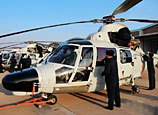
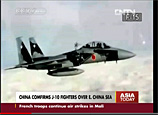
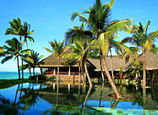
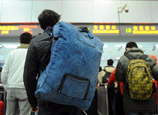
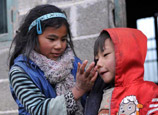
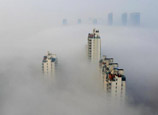
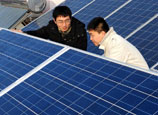
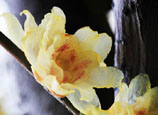

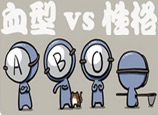






 The strongest left-behind children: 9-year-old girl holds up a family
The strongest left-behind children: 9-year-old girl holds up a family


![]()
